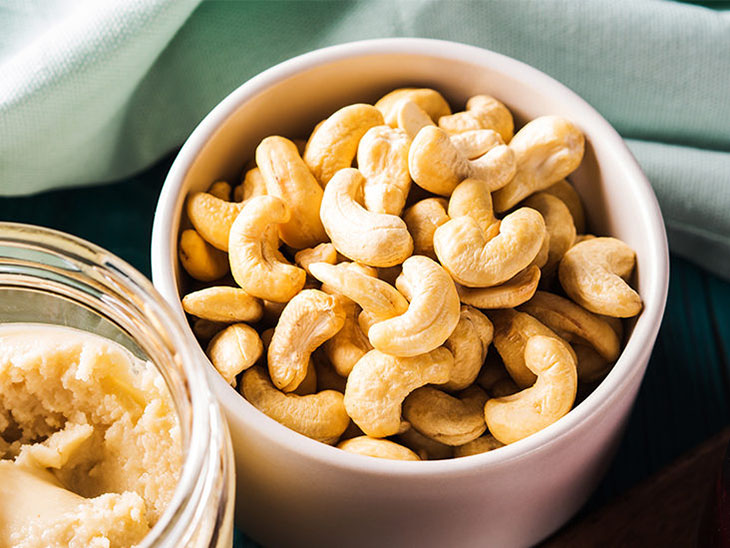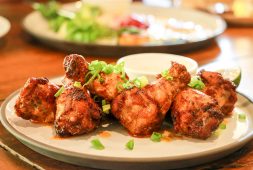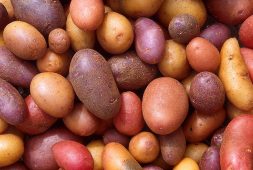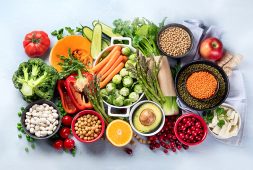4. Cashews

Cashews are a kidney-shaped seed derived from the cashew tree, a tropical tree native to Brazil that is now grown in a variety of warm climates around the world. While “raw” cashews are widely available, they are not safe to eat because they contain urushiol, a substance found in poison ivy. Urushiol is toxic, and it can cause skin reactions in some people. The toxic liquid is removed from cashew kernels during processing, and the resulting product is sold as “raw.” Cashews, while commonly referred to as tree nuts and nutritionally comparable to them, are actually seeds. They’re high in nutrients and beneficial plant compounds, and they’re a simple addition to a variety of dishes. Cashews, like most nuts, may benefit your overall health. They’ve been linked to weight loss, better blood sugar control, and a healthier heart. Cashews are particularly high in unsaturated fats, which have been linked to a lower risk of premature death and heart disease. They’re also low in sugar, a good source of fiber, and have nearly the same amount of protein as cooked meat. Furthermore, cashews have a high copper content, which is necessary for energy production, healthy brain development, and a strong immune system. They’re also high in magnesium and manganese, both of which are essential for bone health.
It is never a good idea to have too much of anything, however. This is true even for foods we consider to be healthy, such as nuts and dried fruits. Cashews are known to be on the list of foods to avoid if you have kidney stones or have a proclivity to form them. Why? Because they contain a high concentration of oxalates, organic crystals found in foods that prevent calcium absorption in your body. What happens when our system accumulates too much calcium? You guessed it: renal calculi, also known as kidney stones. According to studies, calcium stones account for nearly 85% of all kidney stones. Cashews, for example, are high in oxalates and should be avoided. There is no hard and fast rule for how many nuts one should eat per day; it is determined by the rest of your daily dietary and calcium intake. A nutritionist can advise you on how many nuts are too many based on your medical tests and an understanding of your diet plan.
Remember that roasted or salted cashews may contain a lot of added oils or salt. As a result, unsalted dry roasted or “raw” (unroasted) varieties may be preferable. According to some studies, roasted cashews may have higher levels of antioxidants than unroasted cashews. Consider roasting unroasted cashews at home without any additional oils. Simply spread your unroasted cashews in a single layer on a baking sheet. Then, dry roast them for 8–15 minutes at 350°F on the middle rack of your oven. To avoid burning, stir the cashews at 3–5 minute intervals. Alternatively, toast your cashews in a skillet over medium heat for 3–5 minutes, or until lightly browned. Furthermore, cashews contain phytates, which can make it difficult for your body to absorb the vitamins and minerals found in them. Soaking nuts overnight before adding them to dishes reduces their phytate content and improves digestibility. Finally, cashews are classified as a type of tree nut. As a result, people who are allergic to tree nuts such as almonds, Brazil nuts, pecans, pistachios, walnuts, or hazelnuts are more likely to be allergic to cashews.



